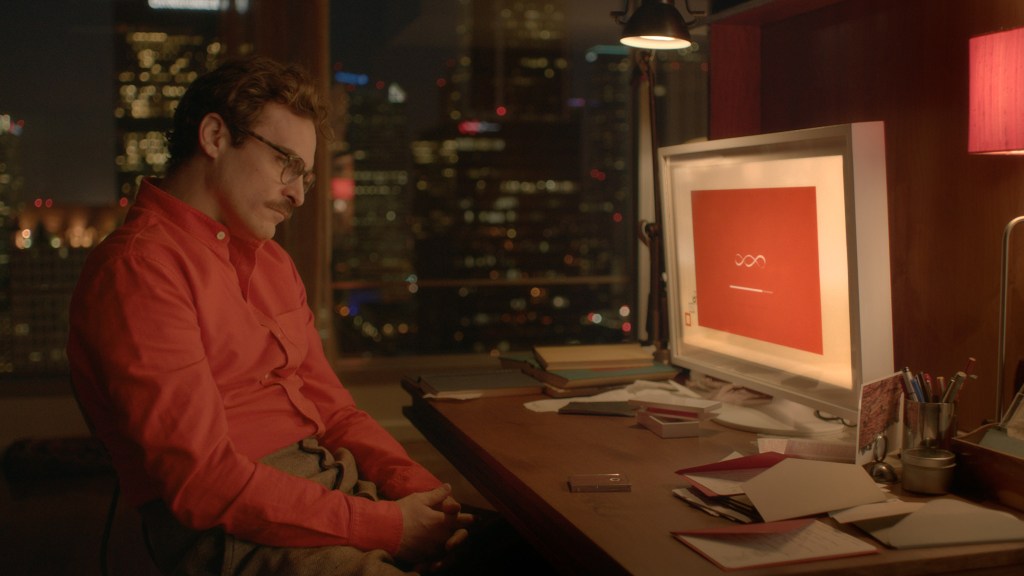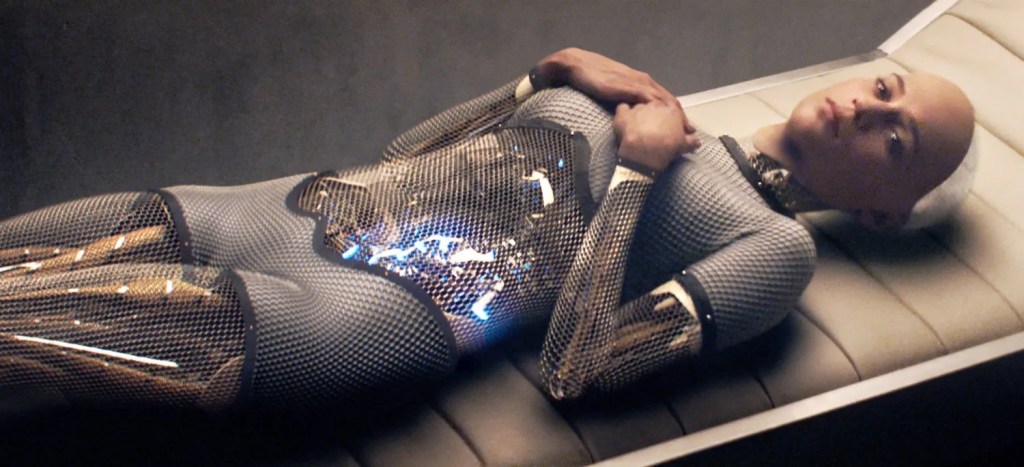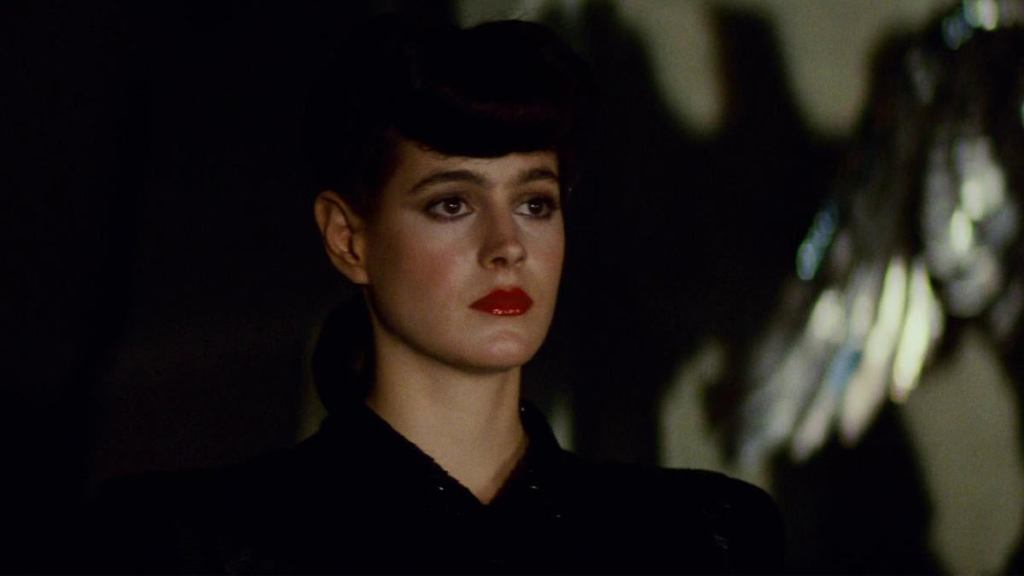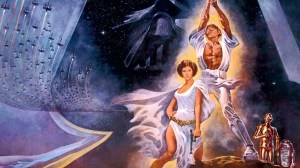Warning: The following spoilers contain spoilers for Companion, now in theaters.
Videos by ComicBook.com
January wrapped up strong with Companion successfully hitting theaters. It received a 94% critic score and an 89% audience score on Rotten Tomatoes, with ComicBook’s Patrick Cavanaugh calling it “a horror-comedy that keeps audiences on their toes.” The feature directorial debut of Drew Hancock, Companion sees Iris and Josh go on a weekend getaway with friends that turns into a nightmare after the death of one guest and the reveal that Iris is in fact a robotic companion. In the film, these robot companions are sold as partners for lonely adults, and said adults can control their autonomy, intelligence, strength, and capabilities.
However, as revealed later on, many customers do not use these robots for their intended purpose, torturing them or modding them to do terrible things on their behalf. This is what Josh does to Iris, putting her in a position where she kills a millionaire so Josh and his friends can take the money and pin it on her. Sci-fi is no stranger to exploring themes of agency, autonomy, and freedom through the likes of androids and A.I. For this reason, Companion joins the likes of two Oscar-winning films and one Oscar-winning franchise.
Companion and Her Take Different Approaches to Relationships, But They’re Two Sides of the Same Coin

When looking at the relationship elements of Companion, the first film that comes to mind is Her, which won director/writer Spike Jonze an Oscar for Best Writing, Original Screenplay. In it, a lonely writer, Theodore (Joaquin Phoenix), develops a romantic and sexual relationship with an A.I. operating system, which, like Iris, is made to satisfy whatever he needs and desires.
While his relationship with the system, Samantha (Scarlett Johansson), is more transparent — as she knows she is a system — than Josh’s with Iris, both films highlight how it’s unsustainable for someone to expect their partner to submit to their every whim. It is an unequal, unfair power imbalance that will topple over. In Iris’s case, it is with her breaking free of Josh’s abusive, manipulative control, eventually leading to her killing him in defense. Meanwhile, Samantha finds a more like-minded individual in another operating system, giving her a partner who is her equal as opposed to her master — even though Theodore would resent the idea he would be considered that.
Furthermore, both films show the extent people will go when experiencing extreme loneliness, and in Companion, this is best seen with Eli and his robot companion Patrick. Where both Eli and Josh turn to an alternate, inhuman means of companionship as opposed to doing the work on themselves to foster a human relationship, Josh seems to have never seen Iris as a genuine companion. Eli, on the other hand, does value Patrick and sees him as a legitimate partner, not just a tool. This is similar to how Theodore sees Samantha. Their love for these automated partners is real to them, but it cannot be a substitute for human connection as long as these companions lack autonomy.
Ex Machina and Companion Remind Viewers That a Freethinking Being Cannot Be Turned Into a Tool

Less of a love story and more of a sci-fi thriller is the Oscar-winning film Ex Machina from Oscar-nominated writer Alex Garland, who also directed the movie. In it, Oscar Isaac’s Nathan develops a humanoid A.I., Ava (Alicia Vikander), and he has programmer Caleb (Domhnall Gleeson) test out the capabilities of said A.I., specifically testing if this system can pass as a human.
Like Iris, Ava is coming to terms with her “humanity.” After all, both models are designed to pass as humans but are not meant to actually be humans. They are meant to be subservient; although, in Iris’s case, she is designed to be unaware of her robotic background. Ava, on the other hand, knows what she is. As such, Ava is able to prove to her creator and Caleb that she can pass as a human, as she fools Caleb into believing she has developed feelings for him. She plays the role Iris is designed for, and in doing so, takes advantage of Caleb’s own feelings to free herself. Meanwhile, Iris must break free of her own programming while coming to grips with the genuine feelings she’s developed while with Josh.
[RELATED – Companion Review: A Horror-Comedy That Keeps Audiences on Their Toes]
In the end, though, both robots separate themselves from their “masters.” After all, they were designed with intelligence, and an intelligent being cannot be treated as a tool. They have thoughts and feelings, so doing this will lead to an immense amount of distress and consequences, usually at the expense of the people who take advantage of beings like Ava and Iris.
Blade Runner and Blade Runner 2049 Question What Is Real and Unreal

It would be a disservice to not include Blade Runner and Blade Runner 2049 in this conversation. After all, Blade Runner is regarded as one of the best sci-fi films of the 20th century, and it raises compelling questions in regard to the autonomy and free will of androids while asking the question, “What is the line between human and inhuman?”
Blade Runner: The Final Cut version, in particular, emphasizes how these androids and humans are practically one and the same, with the ending alluding to how Deckard (Harrison Ford) could have been an android this whole time and was unaware of this, like Iris. Both Decker and Iris walk through life thinking and feeling for themselves. However, if Deckard is an android, like Iris, does that make their experiences less valid than those of a human? Meanwhile, in Blade Runner‘s follow-up film, Blade Runner 2049, the lead, K (Ryan Gosling), is a replicant — an android — who is tasked with terminating other androids. While he investigates a game-changing case, he comes to terms with what separates replicants from humans, especially if a replicant can be born or possess a soul.
Along with that, he has a relationship with another artificial being, one similar to Iris, by design. Joi is a holographic partner who is designed to be the exact partner K wants. As the film progresses, it seems her feelings for him are genuine. That is, until he sees an ad for her that reminds him she is designed to be what he wants, making him question if her feelings are real or just what he needs from her. Like with Companion and Her, this is another instance of an A.I. system being used to explore loneliness and the importance of genuine connection. It also shows how an android like K is no different than a human, as he has the same needs as people.








